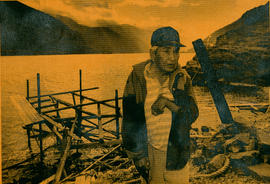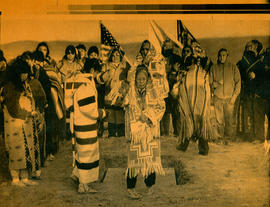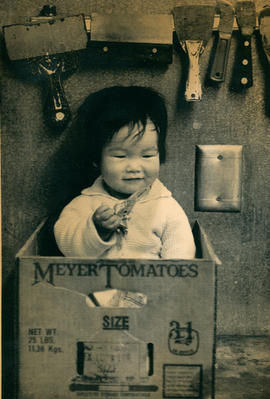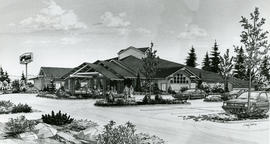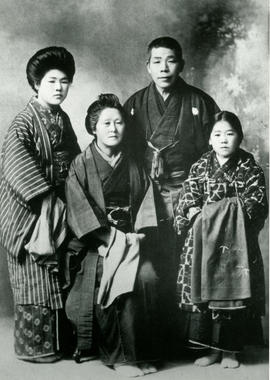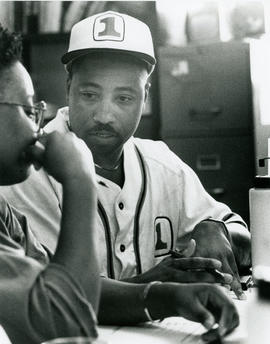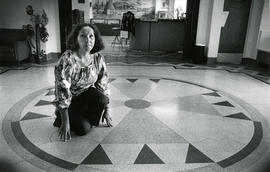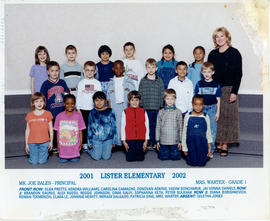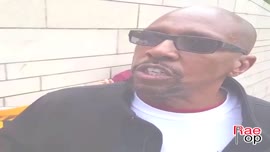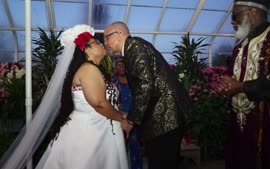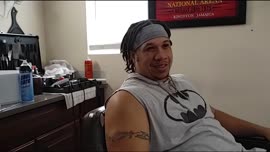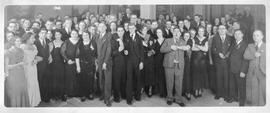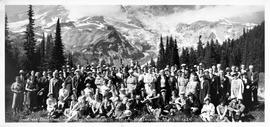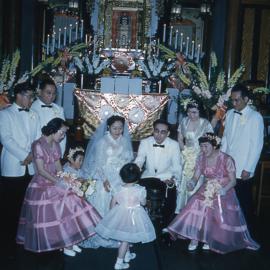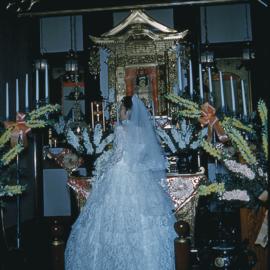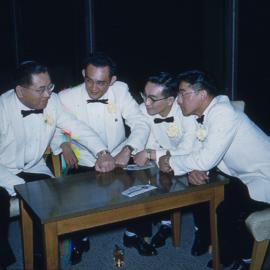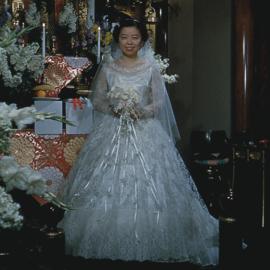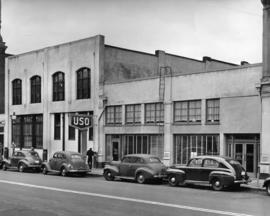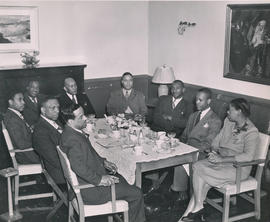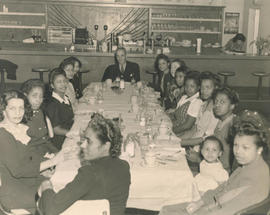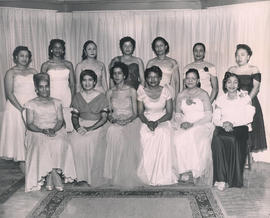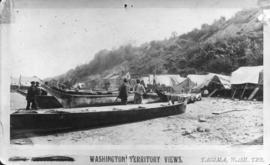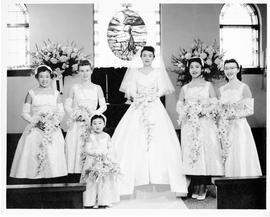Photo description from Vanna Sing:
When taken: 1980s and 2000s
Where taken: Eastside, Salishan
What memory is contained in these photos? Lister Elementary was a generational school. My first grade teacher was my daughter's first grade teacher.
Vanna Sing's childhood in Salishan and Eastside; Growing up in Salishan, spiritual healing. 43 year old survivor from the country of Cambodia. Roots are from SE Asia, Cambodia, Thai, and Laos. Our family escaped the Khmer Rouge in 1978 In July 1979, we entered United States. Our sponsors were from Mineral Wells, Texas. Trying to adapt to the American culture was a struggle. Through the word of mouth, Tacoma, Washington was the place to be. 15 families migrated to Tacoma, WA. We first arrived in Hilltop, Tacoma, around St. Joseph hospital area. We spent a year here. Tacoma Housing Authority supported refugees by providing rental assistance. Department of Social and Healthy Services gave us TANF, food stamp, and medical.
